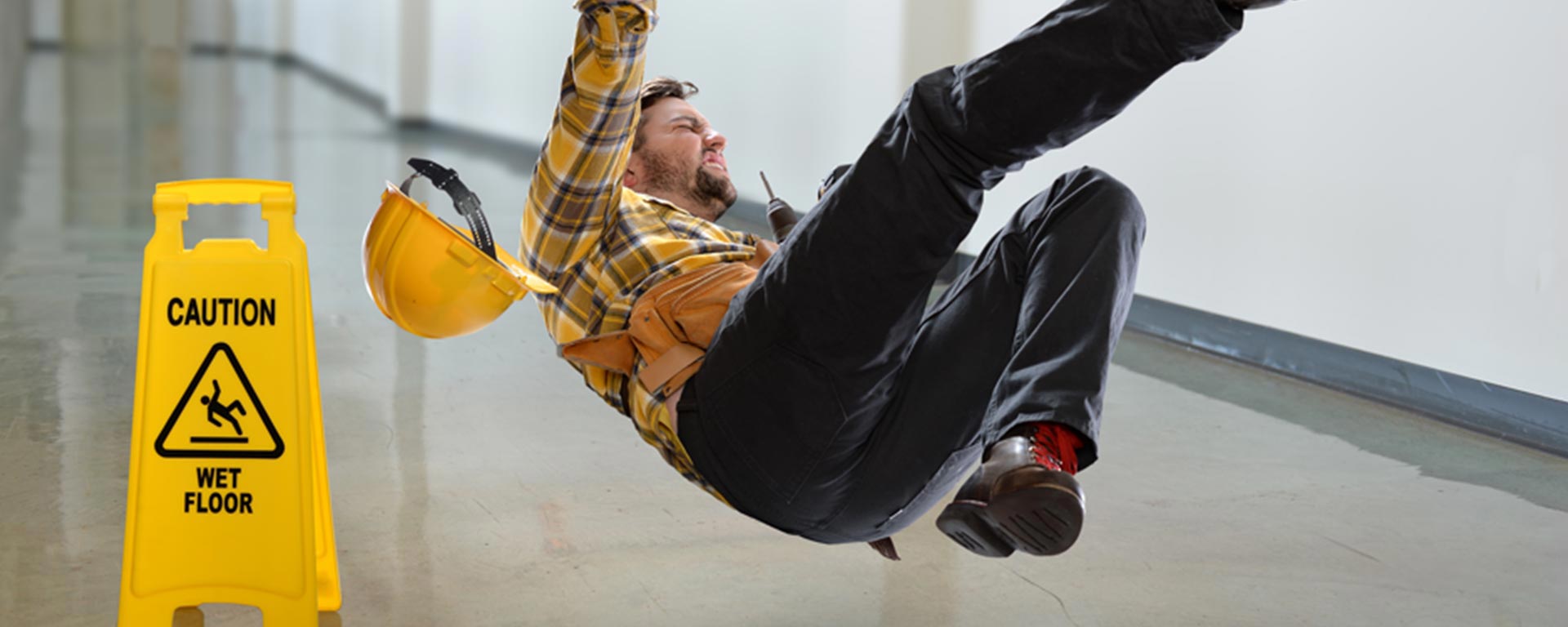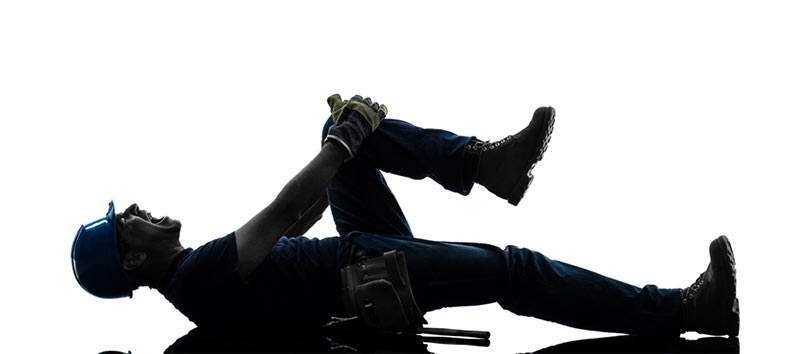Disclaimer: If you’re filing a slip and fall injury claim, the following information does not serve as actual legal advice regarding the legal aspect of the topic. It should only be considered a general guideline as to the legal process of slip and fall injury claims. To further understand the legal nature of the slip and fall injury claim, it’s recommended that you consult a licensed attorney who has knowledge and experience in the subject matter similar to yours.
Accidents happen everywhere, and as a result, you’ve sustained injuries. However, when you’re hurt because you fell on someone’s premises, it does not mean that you can sue that easily. In fact, you have to provide sufficient evidence to substantiate your claim for damages as a result of your injury. If you think you’re seriously injured by someone else’s fault, below are the things you must prove to win a slip and fall injury claim:
1. Duty Of Care On The Part Of The Defendant/Liability Of The Defendant: In a slip and fall injury claim, the plaintiff has the burden of proving the element of duty of care on the part of the defendant.
- Take note that for duty of care to arise, it must be established that someone or the property owner exercises control over the premises where your injury happened.
- Remember that in filing a slip and injury claim, it must also be established that the person you’re suing has the responsibility to maintain and take care of the premises all within their reasonable means.
- If you failed to substantiate your claim that someone or the personal owner has the duty of reasonable care over the premises, you’ll most likely not able to win your case in court.
- Keep in mind that bringing a legal action before the court requires evidence to verify your complaint. That’s why it’s best if you’ve been able to establish the duty of care on the part of the defendant so that you’ll have the cause of action to make a legal claim against them under the law.
- In establishing liability for slip and fall accidents, you must show the existence of the following circumstances to win your case:
- Someone or the property owner has known the presence of a dangerous condition.
- Someone or the property owner has known about the hazardous condition but chooses to ignore and not repair it.
- Someone or the property owner has caused the hazardous condition in the premises which resulted in the injury on the part of the plaintiff.
2. Notice About A Hazardous Condition In The Premises: Notice about a hazardous condition is one of the essential things to prove in a slip and fall injury claim.
- When the defendant knew about a hazardous condition in the premises, but they chose to ignore such notice until an accident happened, an actual notice, in this case, has already been established.
- When the defendant failed to inspect the premises properly leaving hazardous conditions in an open, constructive notice has also been established.
- In trying to find out as to whether the defendant acted reasonably in maintaining security and safety of the premises, you must consider the following information:
- Check whether the defendant or the problem owner has conducted a regular building inspection to detect potential hazards on the property.
- Try to see whether the dangerous condition has existed long enough that would warrant the assumption that the defendant could have taken a course of action to correct it.
- Examine whether a possible preventive measure could have stopped the happening of a hazardous condition on the premises.
- In situations like these, you and your attorney must prove that despite notice of a hazardous condition, the defendant still failed to address the problems with care, causing you to slip, fall and incur injuries in the premises. Your lawyer must be able to establish the ignorance of the defendant in fixing the problem, that’s why the accident occurred in the area.
3. Negligence: When dealing with a slip and fall injury claim, the element of negligence plays an important factor.
- For negligence to be demonstrated, you and your lawyer need to prove that the defendant failed to exercise due diligence and care in preventing the injury to happen.
- Remember that in proving negligence, you must show that the defendant has indeed a duty of care towards you but breached that duty and harmed you in the end.
- In cases like these, your attorney must portray a situation that shows the defendant’s carelessness in performing their duty of care.
4. Showing That You’re Not To Be Blamed For Your Injuries: You also have to be aware of the instances where the defendant will accuse you of being partially negligent, that’s why you’ve sustained some injuries.
- When this kind of situation happens, it’s best if you’re ready with your evidence to justify your claim of full negligence on the part of the defendant. It could be corroborated by presenting your pieces of evidence such as the testimonies of the witnesses, photos of the actual accident scene and your injuries, and your medical certificate (if applicable).
- However, if you’re not successful in showing that you didn’t cause the accident yourself, your slip and fall injury claim for compensation may be affected. The court, as a result, may lower the amount you’re supposed to recover from the accident.
- That’s why you have to be careful in demonstrating that the defendant has nobody else to blame except themselves. This is to ensure that you’ll hopefully get a court judgment in your favor.
If you’ve slipped, tripped and fallen on someone’s premises, it’s a smart move to document and record the conditions and seek medical assistance as soon as possible. It’s one way of making sure that you’re given your day in court to raise a valid slip and fall injury claim. That way, it’s better if you’re always prepared for the worst especially when the injuries sustained are severe and greatly impact to the rest of your life. We hope that the examples above provide you with the ideas as to what you must prove to win a slip and fall injury claim.
About the Author

Lea Taylor is a law writer who spends much of her time writing pieces on law topics for the common reader. Lea is the resident comedian of the office, often cracking jokes to lighten the mood. She always has a delightful story to make everyone smile.


